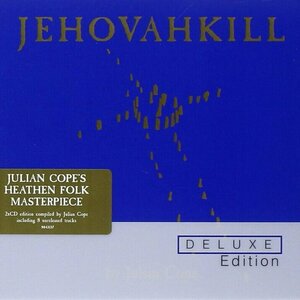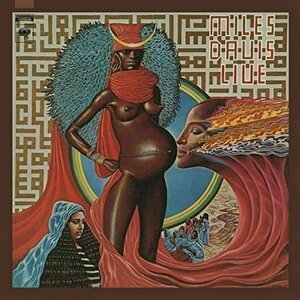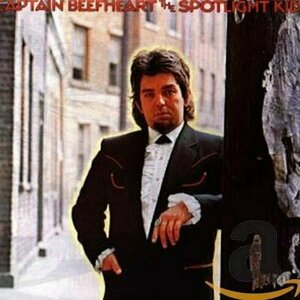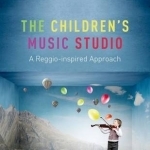
The Childrens Music Studio: A Reggio-Inspired Approach
Book
The Children's Music Studio is the first book that provides music teachers, parents and early...
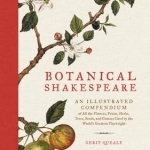
Botanical Shakespeare: An Illustrated Compendium of All the Flowers, Fruits, Herbs, Trees, Seeds, and Grasses Cited by the World's Greatest Playwright
Gerit Quealy, Sumie Hasegawa Collins and Helen Mirren
Book
A captivating, beautifully illustrated, one-of-a-kind color compendium of the flowers, fruits,...
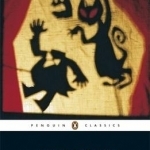
The Master and Margarita
Richard Pevear, Larissa Volokhonsky and Mikhail Afanasevich Bulgakov
Book
Mikhail Bulgakov's The Master and Margarita is a fiercely satirical fantasy that remained...
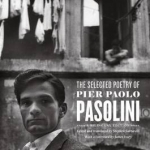
The Selected Poetry of Pier Paolo Pasolini: A Bilingual Edition
Book
Most people outside Italy know Pier Paolo Pasolini for his films, many of which began as literary...
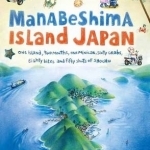
Manabeshima Island Japan: One Island, Two Months, One Minicar, Sixty Crabs, Eighty Bites and Fifty Shots of Shochu
Book
More than just a Japan travel guide, Manabeshima Island Japan paints a colorful and entertaining...
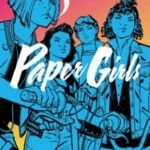
Paper Girls: Volume 1
Cliff Chiang, Brian K. Vaughan, Matthew Wilson and Jared K. Fletcher
Book
From Brian K. Vaughan, #1 New York Times bestselling writer of SAGA, and Cliff Chiang, legendary...
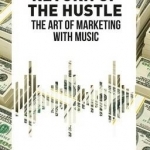
Return of the Hustle: The Art of Marketing with Music: 2016
Book
Has a commercial ever brought you to tears? Has a movie ever inspired you so much you change your...
